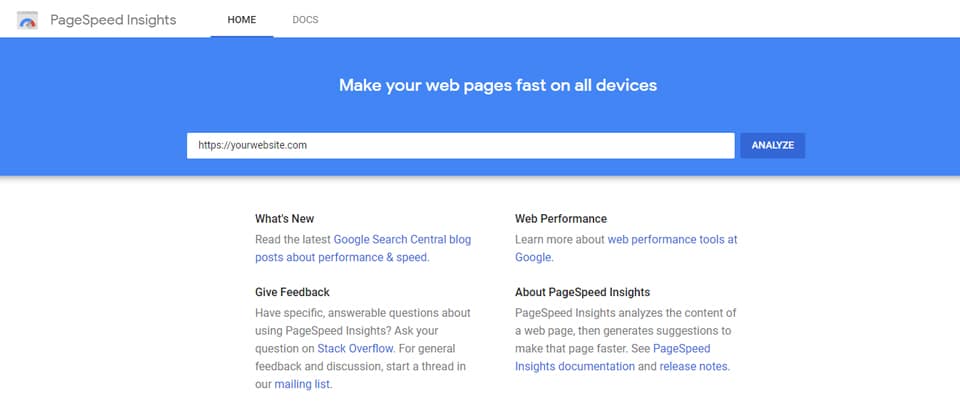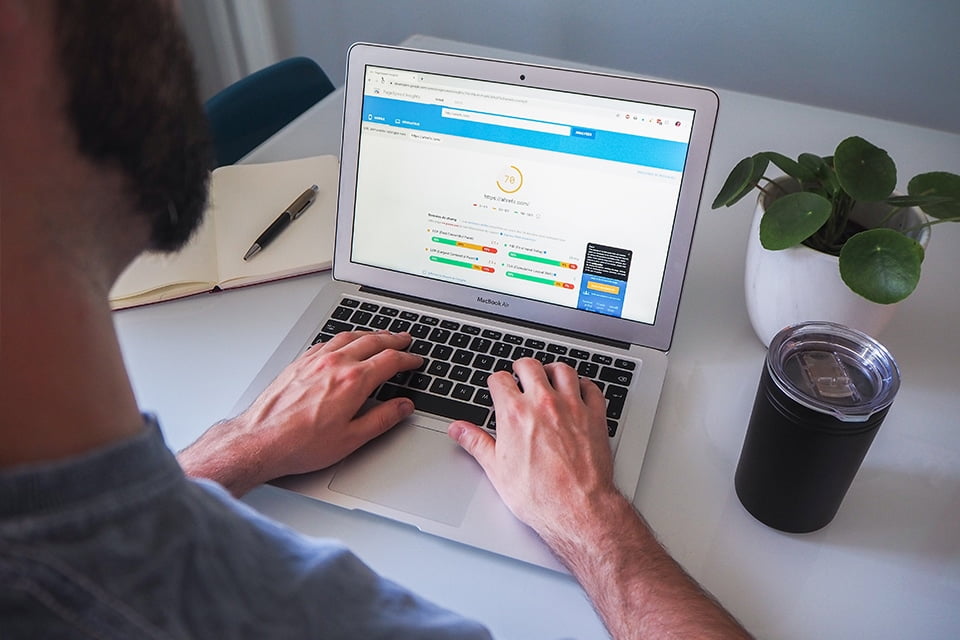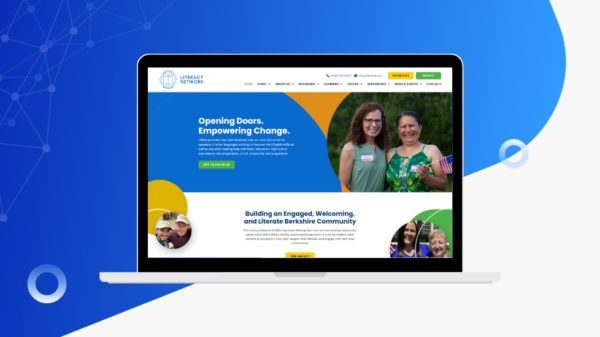It’s important for both mobile and desktop so optimizing on both platforms is crucial. We’ll talk about the importance of website speed in search rankings, steps you can take to improve site load time, tools to help diagnose issues with site loading time, things you should consider before making changes to your website code and much more!
Does Page Speed Affect SEO?
Yes! Website speed is a key factor in SEO. It’s important for both mobile and desktop so optimizing on both platforms is crucial. The reason that site loading time affects your rankings can be tied back to Google’s algorithms, which takes into account how visitors interact with websites when determining search engine placement.
The first principle of SEO is about user experience. Google and other search engines want people to find the best website for their needs with minimal effort on their part, so it’s a good idea to make your site easy to navigate and quick to load.
Website speed can have an impact on how high you rank in search engine results pages (SERPs) based on factors like time per page view, pages per visit, session duration, bounce rate etc.
There are many ways that site load times affect your rankings in Google:
- if visitors leave before they see any content or after viewing only one page of content
- if users encounter slow download speeds due to poor connection quality or too much congestion on the network
- if your site is too difficult to use or takes a long time to load, users may not return.
All of the above will hurt the user experience and therefore it will hurt your rankings in Google.


Some tips to improve your website load time
There are many ways that site load times affect your rankings in Google, but there are also steps you can take to improve loading time.
Some of the easier changes include:
- optimizing images and utilize “lazy loading”
- reducing the number of plugins and scripts on your site
- minimizing page load time by removing any unnecessary content or styling that is not required for usability.
- utilize a dedicated server for hosting
Implementing some of these tips can help you improve the load time of your website. Changes to your site may take some time so don’t be discouraged if you can’t make improvements overnight.
Things to consider before making changes to website code is to consider your technical skills and whether you should reach out to a professional if you don’t feel comfortable making the changes yourself.
OptimizationTip:
Take a backup of the site before you make any major changes. That way you can easily revert back to an old version if necessary.
Tools to diagnose page speed
There are many tools available for webmasters to utilize when diagnosing issues with site loading time.
The first tool is Google’s PageSpeed Insights, which will provide you with a score based on how your website ranks against the best performing sites and offers suggestions for improvements where needed.
Google also has a “Lighthouse” tool that allows you to analyze any given webpage of your website while providing optimization recommendations in real-time as they move through your pages. You can access Lighthouse via the Chrome Developer tools or by downloading the Lighthouse chrome extension. This tool will give you information across both desktop and mobile devices.
GTmetrix is another tool for diagnosing problems with page speed. This tool provides a score for your site based on factors such as the number of scripts that are loading, download time per component and many other important performance indicators.
GTmetrix also offers suggestions to improve website performance which include things like minifying HTML code, reducing server response time by using CDN’s or even changing host providers.
There are many other tools available for diagnosing issues with page speed, but these three should be your first stop when you’re trying to diagnose any major site loading time issues.


Conclusion
Website speed is a key factor in search engine rankings, and something that Google will use when determining placement on SERPs. A good website should be easy to navigate, quick to load and work well across both desktops and mobile devices.
There are many ways website loading time can affect your SEO ranking: if visitors leave before seeing any content or after viewing only one page of content; if users encounter slow download speeds due to poor connection quality or too much congestion on the network; if your site is difficult to use or takes a long time for pages to load, users may not return. All of these factors negatively impact user experience which grades you poorly for key metrics like bounce rate etc., leading to lower search result ranks for those sites.
To learn more about optimizing your website speed and improve your overall SEO, contact one of our digital marketing professionals for a free consultation.













